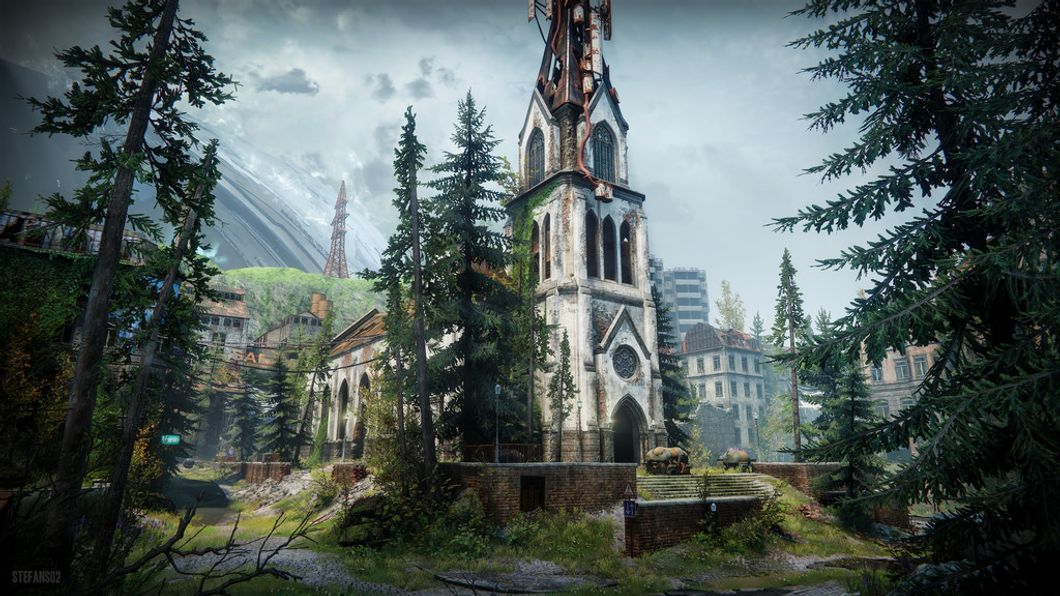Why is it that the lore hidden in games is far better than the lore presented to us in the game? Games like The Witcher show us that a story can be delivered very well through direct means, but then games like Watch_Dogs show us that story can also be handled very very poorly. Then there are games like Dark Souls that can have an archaic story presented to the player and an intriguing story elsewhere in the game. Why are the item descriptions in Dark Souls or the Grimoire cards from Destiny better than the story presented in the game?
Older games, particularly RPGs, did this a lot. They would put the story in the descriptions of their items. Back then they didn't have the manpower or technology to produce those big cutscenes. However, in this era, we can produce wildly more detailed and graphically superior cutscenes. So why then do we still add lore outside of the main story presented?
It could be that the finding and piecing together of this lore is what provides a sense of accomplishment. Figuring out the Touch of Malice is in Destiny wouldn't be as much fun if we were just told about it. It wouldn't be as heartbreaking to find out why Sif is guarding one specific grave sight in Dark Souls. By making the lore a little more difficult to find, the designers seem to elevate these lore bits to a higher standing. Even if the lore is simple or even cliche by making it hard to find it seems to make it better almost.
Sometimes it has been used to foreshadow future changes to the game. Destiny is particularly good at this. Several stories lead for its DLCs were originally mentioned in the Grimoire. Osiris, Ana Bray, and even the consolidation of the Fallen houses were all hinted at in the Grimoire in Destiny one. But that doesn't explain why the hidden lore is better than the presented lore. It doesn't make sense how some games can try to pass off dumpster fires as stories yet other games have very interesting to read descriptions of boots.









































